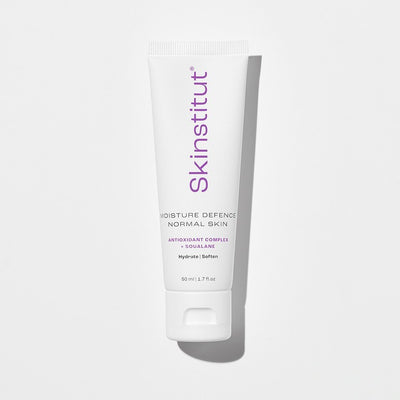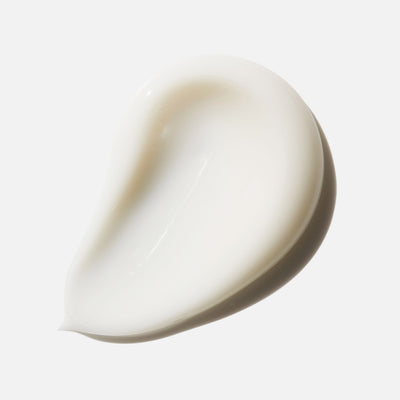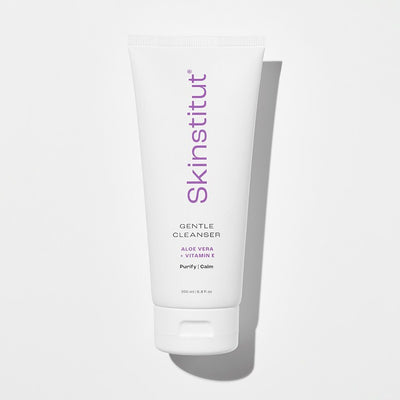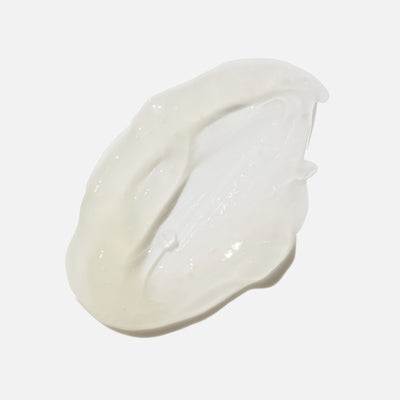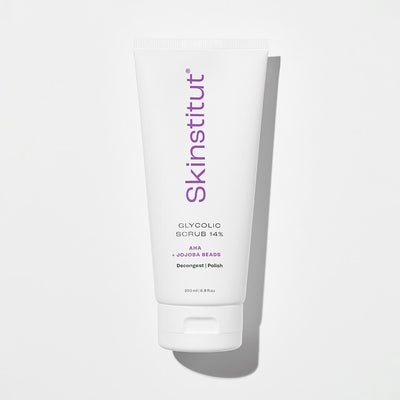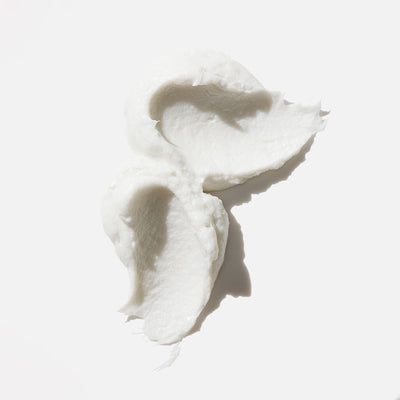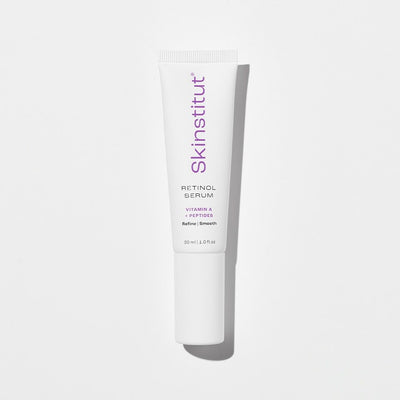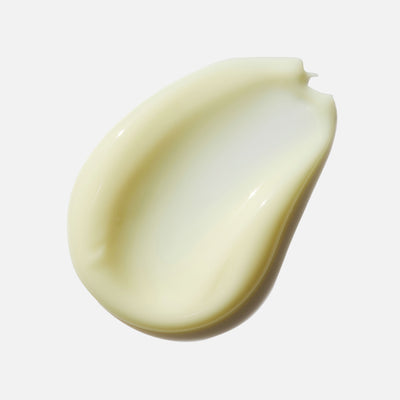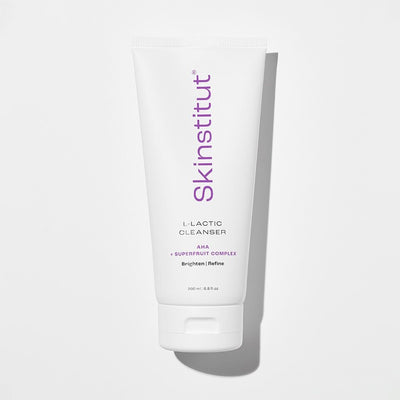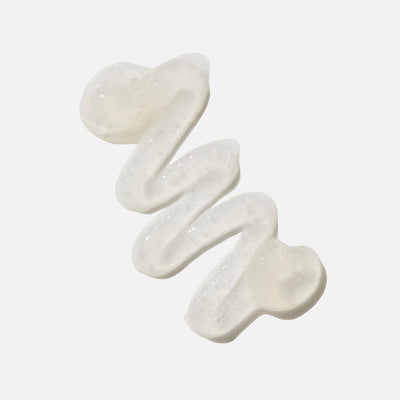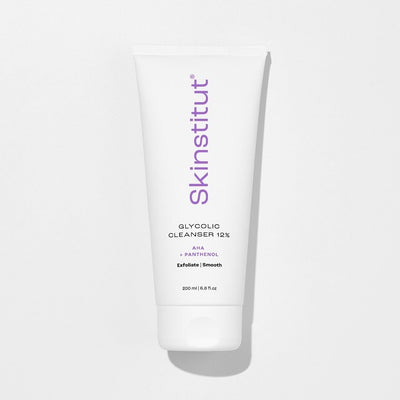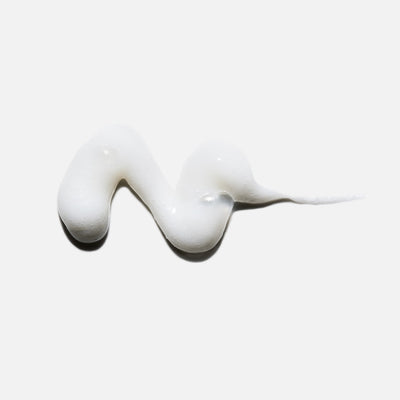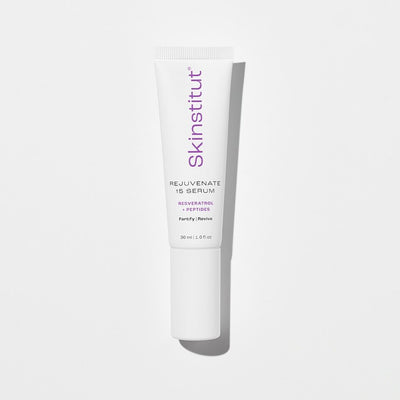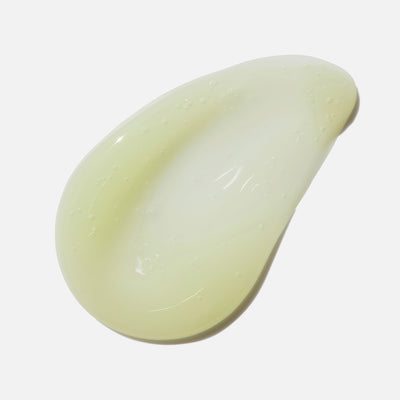Stress, pollution, tiredness and a poor diet often show up on our face. It can manifest in a myriad of ways (we see you, giant pimple that appears just days out from the big work presentation), but a lesser known issue that can occur is ‘inflammaging’.
A mash-up of the words ‘inflammation’ and ‘ageing’, inflammaging refers to the role chronic inflammation plays in the physical ageing process. Technically it doesn’t just relate to skin (the entire body can experience the condition), but skin-specific symptoms can look like uneven tone and texture, sagging, as well as pronounced lines and wrinkles.
The good news, though, is that while inflammaging can’t be completely avoided, its effects can be greatly reduced. From clinically backed skincare to simple lifestyle changes, we’re exploring just how, below.
What is inflammaging?
Inflammaging is a medical phenomenon that details how ongoing inflammation can speed up cellular ageing. It’s not all bad – inflammation is how the body protects itself, but sustained levels can have a detrimental impact.
We categorise inflammation as acute or chronic. Acute inflammation is an immediate response to stimuli (think of a swollen limb after a fall) while chronic inflammation occurs at a low level all the time – smoking, or consistent exposure to pollution are great examples. Inflammaging tends to fall into the latter category and is often caused by:
- Unprotected UV exposure.
- External microbes and allergens, including pollution, pollen, and cigarette smoke.
- High levels of stress.
- An impaired stratum corneum (the outermost layer of the skin, which is meant to act as a barrier).
What impact does inflammaging have on skin?
The external factors discussed above initiate enzymatic changes in the skin. While this is a simplified explanation, it can be understood as a constant state of low-grade stress and the ongoing inflammatory response to this stress, which disrupts healthy cellular function and can lead to a number of issues that accelerate ageing:
Collagen and elastin breakdown
Collagen and elastin are proteins that provide the skin with structure and support. Their production does naturally decline with age, but inflammation (often in the form of free radicals) can speed up the process. This manifests as a loss of skin density, increased skin laxity and pronounced wrinkles.
Dehydration
Another effect of inflammaging is the breakdown of hyaluronic acid, a hydrating molecule (or humectant) that retains water content. This can increase the incidence of fine lines, and leave the skin feeling tight, flaky and uncomfortable.
Glycation
Glycation is an inflammatory response to excess sugar in the bloodstream. The sugar attaches itself to fats and proteins, producing free radicals known as advanced glycation end products (AGEs). These build up, and when this occurs within the skin, the fat cells are dragged down, leading to pronounced facial sagging, or a ‘bottom-heavy’ look.
Redness and irritation
Inflammaging also contributes to barrier malfunction – when the outer layer of the skin is impaired – leaving the skin susceptible to redness, bumps and irritation. Not cute.
What can I do about it?
Lifestyle tweaks
First things first: it’s almost impossible to avoid all lifestyle habits that contribute to inflammaging (not least because it would result in a very sad existence), but abstaining from cigarettes, minimising sugar consumption and eating a wide variety of fruits and vegetables is a great place to start. Reducing stress levels, getting plenty of sleep and moving your body are also essential. You could even consider incorporating foods with known anti-inflammatory benefits like turmeric, blueberries or green tea.
Skincare habits
Sunscreen. Always
When it comes to inflammaging, a broad-spectrum SPF is your number one defence mechanism. Age Defence SPF 50+ blocks UVA and UVB rays, preventing the fallout that comes from free radical exposure. The hydrating formula also contains Niacinamide to strengthen the skin’s immune response.
Make friends with Vitamin A
Retinol, a derivative of Vitamin A, is a clinically proven topical ingredient with anti-inflammatory properties. Our Retinol Serum combines 0.25 per cent encapsulated Retinol with synthetic Peptides to stimulate Collagen production, strengthen barrier function, and reverse the look of wrinkles. Because it is encapsulated, it’s also extremely well tolerated.
For drier complexions, Expert Reveal Retinol Oil does all of the above, but also nourishes the skin thanks to the lipid-rich benefit of Macadamia Oil.
Antioxidant protection
L-Ascorbic Acid is one of the most commonly found forms of Vitamin C in skincare. We love it because it’s able to defend the skin against free radicals, preserving Collagen stores and preventing the incidence of pigmentation. Try adding a sprinkle of our concentrated Vitamin C 100% powder to Age Defence 50+ for unmatched daytime protection.
Internal support
Rejuvenate and revive your skin with an anti-ageing serum like our Rejuvenate 15 Serum. It contains resveratrol which stimulates Collagen synthesis in the body, helping minimise fine lines and wrinkles. A gentler Retinol alternative, Botanical Lanablue, is also in the formula. Botanical Lanablue is perfect for those with sensitive skin looking for less harsh anti-ageing serums.
Love your barrier
Finally, give the outer layer of skin (your barrier) a helping hand with an occlusive formula – which creates a protective layer on the surface of the skin to prevent moisture loss – such as Repair Balm. Rich in cell-binding Ceramides, it reinforces the stratum corneum, keeping the bad stuff out and the good stuff in.
Expert Restore Niacinamide Replenishing Cream is another excellent formula to boost skin integrity. Niacinamide, the star ingredient, is known to improve barrier function and soothe the complexion.
For more calming skincare suggestions, or advice on how to combat the signs of ageing, we invite you to take our skin quiz. It asks a series of questions to determine your complexion concerns and lifestyle habits, as well as finding the perfect 5-product Skinstitut routine for you.



